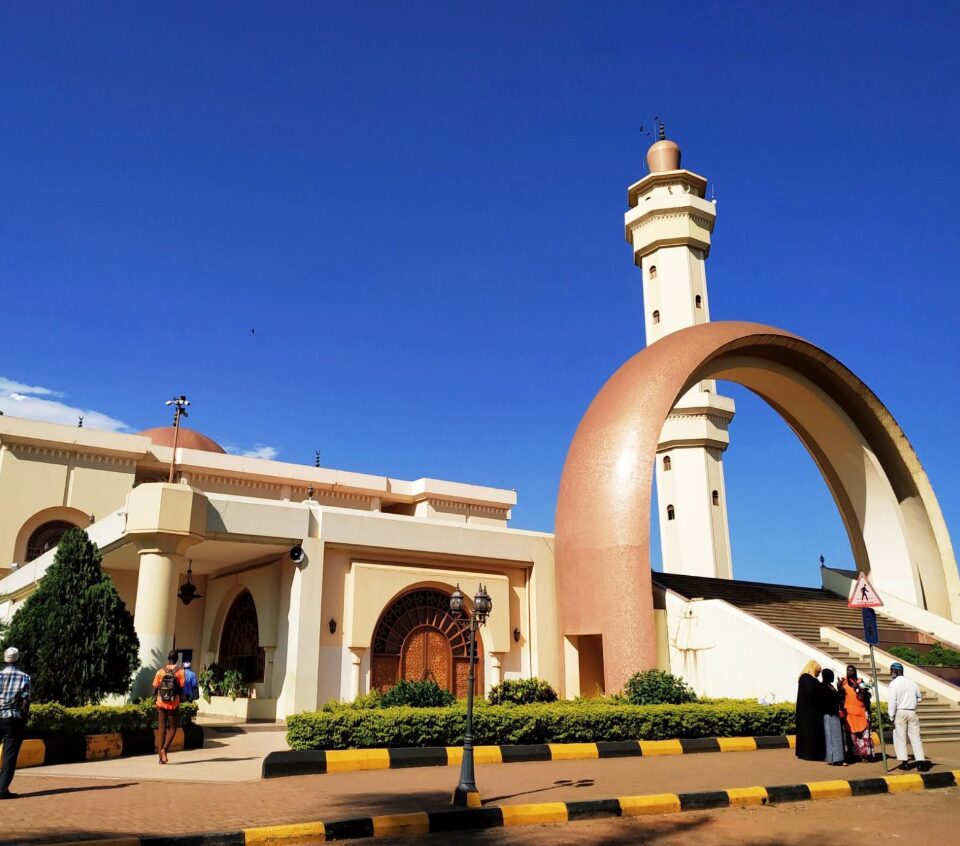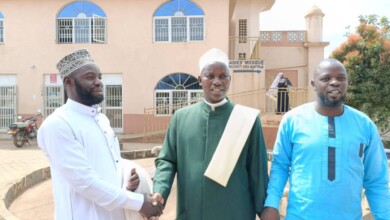UMSC is a private entity, court rules

By Ahmed Idriss and Issa Kigongo
The Chief Magistrate’s Court at Buganda Road has dismissed an application by Mayanja Moses and 19 others seeking to join a case demanding accountability documents from the Uganda Muslim Supreme Council (UMSC), ruling that the Council is not a public body within the meaning of the Access to Information Act.
The ruling, delivered by His Worship Timothy Lumunye, held that the Access to Information Act “targets entities wielding state-derived authority,” not private religious organizations such as UMSC.
The application (Misc. Application No. 0045 of 2025) stemmed from a lead case filed by Adv. Rashid Kamulegeya (also known as Kam UG), who had sought access to UMSC documents including governing regulations, budgets, constitutional amendments, and financial reports.
The 20 applicants, led by Muyinda Musa, argued through their lawyer Margret Nakazzi that joining the case would “prevent multiplicity of suits” and enable them to pursue the same information “to ensure accountability within UMSC.”
However, the UMSC, represented by Moses Kabega, opposed the application on grounds that it was “fatally defective and premature,” adding that the applicants “failed to exhaust internal remedies under the UMSC Constitution” and relied on an “incurably defective supporting affidavit.”
In his detailed ruling, Lumunye first addressed whether the Access to Information Act applied to UMSC, stating this was “the foundational objection… as it affects this Court’s jurisdiction.”
He ruled that under the Act, the right to information is guaranteed “in the possession of the State or any public body,” which is defined as “a government ministry, department, statutory corporation, authority or commission.”

“This definition is exhaustive, targeting entities wielding state-derived authority. The Act’s Preamble emphasizes public sector accountability, not private disclosures,” the magistrate noted.
Examining UMSC’s legal status, the court found that the Council was “founded in 1972 as a voluntary association for Muslim unity” and “incorporated under the Trustees Incorporation Act, Cap. 165,” functioning “as an unlimited company without share capital and not for profit under the Companies Act, 2012.”
“UMSC holds no statutory powers; it is not a ministry, parastatal, or statutory corporation,” Lumunye stated.
He added that the Council’s “private nature shields its internal mechanisms from public law mandates, preserving religious autonomy under Article 21(1) of the Constitution.”
Citing recent precedents, he referred to Dispositive Nsimbe Swaibu and Another v Uganda Muslim Supreme Council & Others, where the High Court held that:
“UMSC is a private religious entity incorporated under the Trustees Incorporation Act, Cap. 165… Judicial review under Order 53 does not extend to private voluntary associations absent public law elements or statutory compulsion. To intervene would entangle the judiciary in religious doctrine, violating Article 21(1).”
Similarly, in UMSC v Yudaya & Others, Justice Musa Ssekaana was cited for affirming that UMSC’s status is that of “an unlimited company for religious purposes, subject only to private law remedies like contract or tort.”
Lumunye concluded that “no authority extends the Act to religious bodies like UMSC; to do so would undermine its autonomy.”
“The objection succeeds. UMSC is private, not a public body. The Miscellaneous Cause lacks foundation, and joinder is untenable,” the ruling stated.
Consequently, the court dismissed Miscellaneous Application No. 0045 of 2025. and struck out Miscellaneous Cause No. 006 of 2025, ordering that each party bear its own costs.
“I find that the applicants have failed to establish a case for the grant of the leave sought. Consequently, I have no alternative but to dismiss Miscellaneous Application No. 0045






